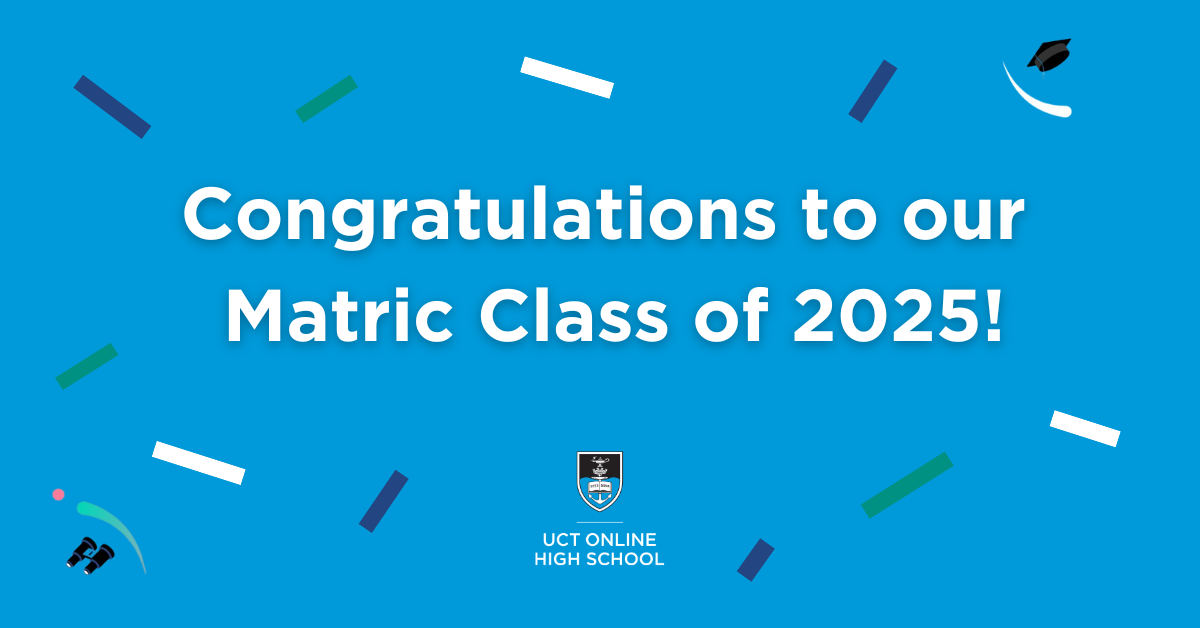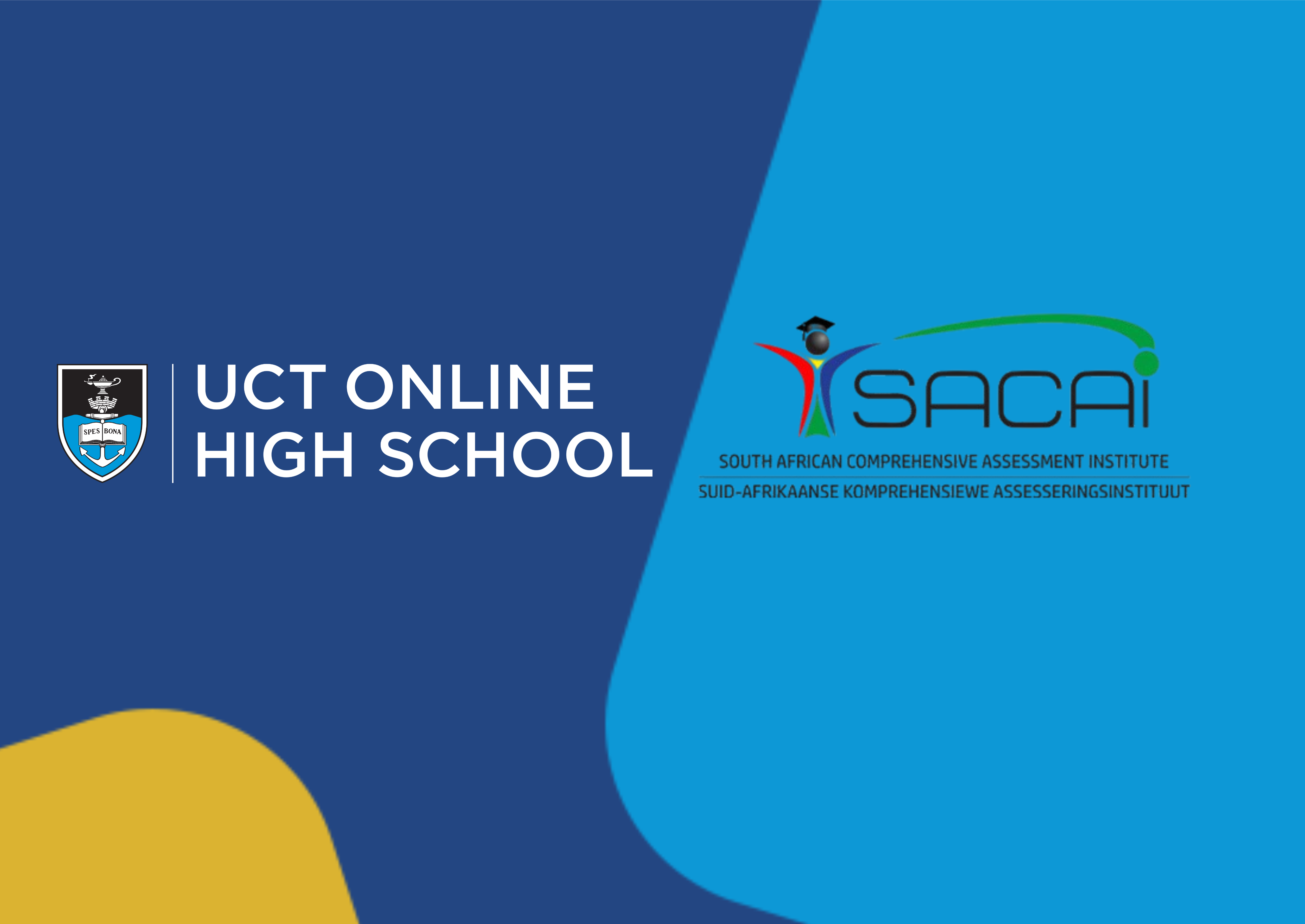From cost to curriculum, there are numerous differences between public and private schools. Here’s a breakdown of what to expect when applying to each.
Applications for public and private schools are different in a number of ways. Between the cost of application fees, entrance exams, waiting lists and much more: There’s a lot parents need to know when considering public versus private high schools.
To help you navigate the high school applications season, here’s an outline of private and public high school application processes, and how they differ from each other.
TL:DR
- Private versus public high school application process
- What are the main differences between private, public and online high schools applications?
- Entrance exams and interviews
- Application timelines
- Waiting lists
- Application fees and deposits
- Documentation required
- Applying for online high school
Private versus public high school application process
Public and private schools have vastly different high school application processes. As a parent of a Grade 7 learner, there are a few things you’ll need to be aware of before you proceed with either option.
And while online high schools like UCT Online High School are technically private schools, there are still big differences between it and brick-and-mortar private schools.
This includes the cost of online schooling – which is significantly lower – and the online high school application process, which is much easier. For this reason, we’ll treat online schools separately in this article.
Overall, there are differences in:
- entrance exams and interviews
- application timelines
- waiting lists
- application fees and deposits
- documentation required.
Let’s zoom into each.
What are the main differences between private, public and online high school applications?

Entrance exams and interviews
One of the most contentious differences between the public and private application processes is their approach to entrance exams and interviews. That’s because entrance exams are seen by many as exclusionary practices that limit access to quality education, particularly for children who are already underserved.
Thanks to changes to South Africa’s high school admissions policy, no ordinary public school is allowed to conduct entrance exams. This is only allowed for specialised schools, such as technical schools, agriculture schools or schools for arts, where subject matter expertise is required.
However, entrance exams are still common practice for private schools in South Africa. If you’re considering a private school for your child, you should research individual schools to confirm their processes, which are likely to include:
- school open day attendance
- testing dates
- and even entrance interviews
Fortunately, online high schools generally follow the example of public institutions when it comes to entrance exams. UCT Online High School doesn’t ask learners to sit an entrance exam or interview.
Application timelines
Without a truly centralised process for school applications in South Africa, the best parents like you can do is to conduct your research, and do it early.
In some provinces, public schools have a set application window. In others, schools manage the process individually and without a set schedule.
The same applies to private schools. To avoid disappointment, the general advice is for parents to make applications 18 months in advance.
Without the same physical constraints, online high schools can be more flexible with application timelines and class cohorts. However, space isn’t unlimited, so apply the same logic as you would to brick-and-mortar schools: Don’t wait till the last minute to apply.
For more on this, check out our article: High Schools in South Africa | 2025 placements timeline.

Waiting lists
Unlike public schools, which are slowly moving to centralised application systems, private schools have their own application processes.
That means parents have to make an individual application to each school. With high demand and competitive criteria, private schools can have long waiting lists.
Once you’re on the waiting list, schools will inform you once a spot becomes available. Waiting lists are also used for online high schools. But they are usually less long, making this a viable option for those who prefer private schooling.
If your child doesn’t secure a spot at your preferred public school, the procedure is somewhat different. While parents are encouraged to reach out to their chosen schools to let them know if they still need a place, and can even contest the school governing body’s decision, unplaced learners are managed by district education offices.
Take a look at our article for more information: What should you do if you don't get placed in your high school of choice?
Application fees and deposits
Despite these other factors, one of the most important differences between private and public schools is cost.
From no-fee public schools that cater to some of the country’s most economically vulnerable groups, to top public schools like Pretoria Boys' High School that cost as much as R65,850 per year, there’s a diversity of offerings.
But even top public schools cost far less than private schooling, with private school fees going as high as R224,620 for day schooling, and R369,920 for boarders. And these numbers don’t account for hidden fees, like uniforms, school supplies, and travel costs.
There are fees involved in the application process as well. Most private schools will charge up to R500 just to make an application. As a parent, you also need to be prepared to pay a deposit as soon as you’re offered a place for your child.
Online schools are also likely to ask for a nominal application fee, and a fee to secure placement. For example, UCT Online High School charges R50 to apply, and a placement fee of R525 to accept a spot (for the CAPS curriculum). But fees still remain significantly lower than other private schools.
Public schooling, on the other hand, does not allow for any application fees or deposits.
Documentation required
Lastly, parents must prepare to supply documentation to support their child’s application. This will differ depending on the school (for private schools) and province (for public schools).
For private schools, you may be asked for:
- A copy of your child's birth certificate (unabridged), or passport and study permit for foreign nationals
- A copy of your child’s most recent school report
- A testimonial from your child’s current school
- A fee statement from your child’s current school
- Proof of residential address
- Proof of ID for parent or guardian
- Proof of income for parent or guardian
- A proof of custody, if relevant.
For public schools, you may be asked for:
- A copy of your child's birth certificate, or passport for foreign nationals
- A recent school report
- Proof of residential address
- Proof of ID for parent or guardian
- Proof of income for parent or guardian
- Proof of custody, if relevant.
For a full breakdown of the application process for public, private and online schools, you can download our guide to the 2025 high school application process.
Applying for online high school
Now that you have the lay of the land, you’re ready to make an application to a private, public or online high school.
We know the process can feel overwhelming at this stage, but know that the effort you put in now will be worth it in the end, as you help your child to secure the education they deserve.
To help you decide on the best course of action, feel free to contact us to discuss your options, or to learn about the application process for UCT Online High School.





























